World
The modern world cannot be studied without examining the course, impact and legacy of two world wars, the resources in this section set out to look at both the First and Second World Wars in their global context. The section also includes the Cold War and its impact in Latin America, South-East Asia and parts of Africa. This period also sees the rise and fall of European imperialism and the changing nature of global politics and economics as technology brings different stories from so many parts of the world directly to us. Read more
Sort by:
Date (Newest first) | Title A-Z
Show:
All |
Articles |
Podcasts |
Multipage Articles
-

Jawaharlal Nehru: The Last Viceroy?
ArticleClick to view -

Joseph Priestley's American Dream
ArticleClick to view -
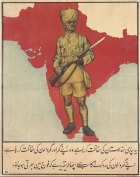
Journeys Home: Indian forces and the First World War
ArticleClick to view -

Kennedy and the Bay of Pigs
ArticleClick to view -
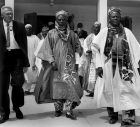
Legacies of the Cement Armada
ArticleClick to view -
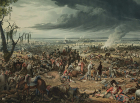
Losing sight of the glory: five centuries of combat surgery
ArticleClick to view -

Lyndon Johnson & Albert Gore: Southern New Dealers and the Modern South
ArticleClick to view -
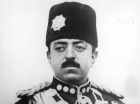
Mission to Kabul: Destabilising the British strategic position, 1916
ArticleClick to view -
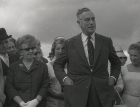
Mountbatten in retirement: the abortive trip to rebel Rhodesia
ArticleClick to view -
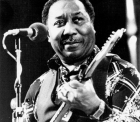
Muddy Waters: from migrant to music icon
ArticleClick to view -
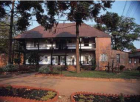
My Favourite History Place: Mandala House
ArticleClick to view -

My Favourite History Place: The Tenement Museum, New York
ArticleClick to view -
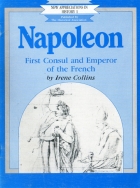
Napoleon: First Consul and Emperor of the French
ArticleClick to view -
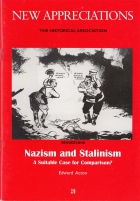
Nazism and Stalinism
ArticleClick to view -

Nineteenth Century African chiefs in Nuneaton: A local mystery uncovered
ArticleClick to view -

Obituaries: the first verdict in history
ArticleClick to view -

On Black Lives Matter
ArticleClick to view -

Out and About in Cairo
ArticleClick to view -

Out and About in Madagascar
ArticleClick to view -

Out and About in Washington DC
ArticleClick to view

